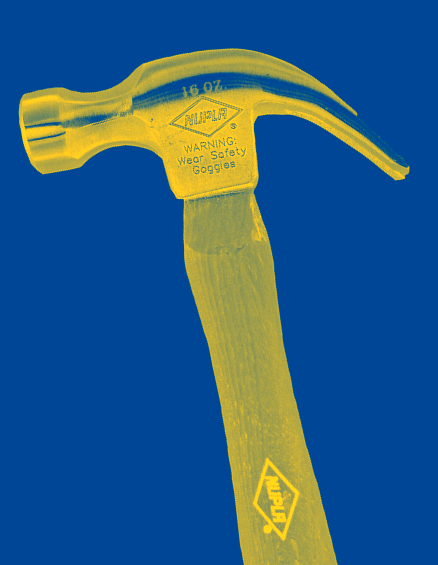Cash wants ABCC for women
 Employment Minister Michaelia Cash has added gender to the push for the Australian Building and Construction Commission (ABCC) to be revived.
Employment Minister Michaelia Cash has added gender to the push for the Australian Building and Construction Commission (ABCC) to be revived.
The ABCC is back on the agenda, after virtually disappearing in the wake of its use as a double-dissolution election trigger.
Senator Cash says the construction sector court is needed to stamp out a “toxic culture” that deters females.
Representation of women in the construction sector has dropped from 13.8 per cent in 1986 to 11.4 per cent this year. The raw data shows there were 68,600 women in construction three decades, and 118,700 today, while the number of men has doubled from 429,800 to 922,400 over the same period.
The percentage of women working in all industries rose from 39.3 per cent in 1986 to 46.4 per cent this year.
The proportion of women employed in construction has fallen at the same time as it nearly doubled in mining, up from 7.8 per cent to 15.1 per cent.
Female employment has surged in electricity, gas, water and waste services as well, up from 11.6 per cent to 23.1 per cent.
“The toxic culture of bullying and intimidation caused by the Construction Forestry Mining and Energy Union is a huge turn-off for women wanting to enter the industry,” Senator Cash told News Corp reporters.
“It is hard to imagine any parent wanting their daughter to go into this industry when they are confronted with images of CFMEU bullying and intimidation.
“We need to do everything that we can as a government to increase the number of women in the building and construction industry. We need to ensure building sites are free of the thuggery, bullying and intimidation that the CFMEU is infamous for.”
Senator Cash said the ABCC would change the behaviour and culture in the industry.
“This in turn will make it more appealing for those women considering entering the sector,” she said.
CFMEU construction secretary Dave Noonan rejects the claim that re-establishing the ABCC would improve female representation.
“The ABCC is about taking wages and conditions of workers; it’s got nothing to do with assisting women to get in the industry,” Mr Noonan said.
“If Michaelia Cash would like to talk about that we certainly would be interested in sitting down with government and employers and discussing measures to do it.”
In Victoria, enterprise bargaining agreements are increasingly forcing construction worksites to provide amenities for women, while other industry players, employers and unions have committed to provide better employment opportunities for women.







 Print
Print